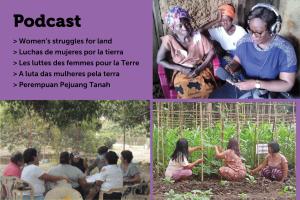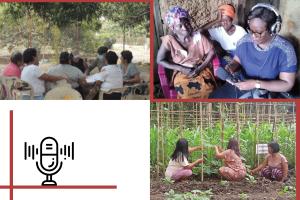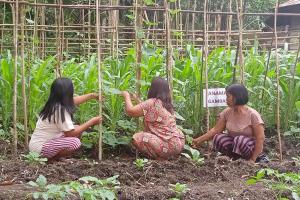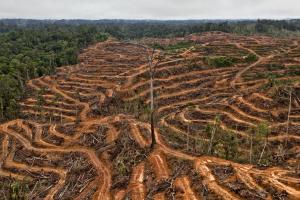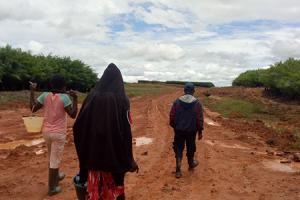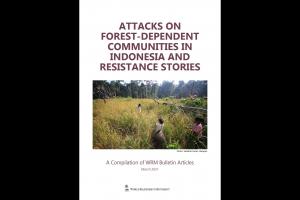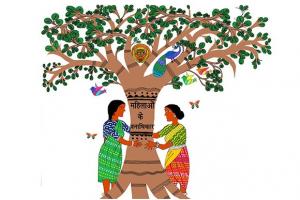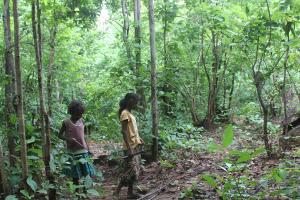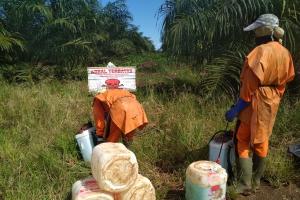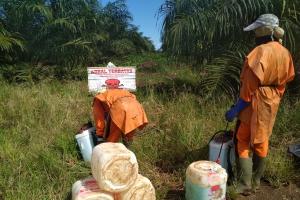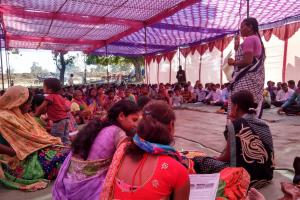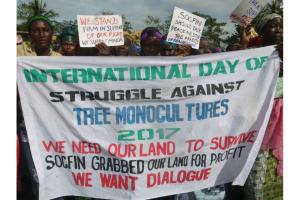Women in Resistance
When forests are destroyed, women in forest-dependent communities are hit hard: Their living conditions are particularly precarious; and providing food, medicine, materials and clean water becomes even harder. The traditional knowledge and wisdom that women pass down from generation to generation are also at risk. That is why women are often on the frontlines of the resistance to forest destruction.
Oil palm plantations are one of the most unsafe spaces for women, not only because of their vulnerable working status packed with injustices and precarities, but also because of the potential for sexual violence and harassment. (Available in Indonesian).
WRM Bulletin Compilation. Available in English and Indonesian.
The inter-dependencies in and among communities with their life spaces and practices sheds light to the conservation practices of forest communities. And within these interdependencies lie the stories of women.
A feminist view on Commons reveals that accumulation opposes the basic principles of sharing and sustaining: receiving from nature’s abundance is done by ensuring that needs (and not wants or greed) define the extent of extraction.
Exploitative working conditions in the oil palm plantations’ industry in Indonesia are persistent and the main victims are mostly women. Although this situation is often overlooked, the production process of the world’s largest producer of palm oil is strongly influenced by its existence.
Village assemblies in Korchi, along with resistance against mining, are actively engaged in reimagining and reconstructing local governance. Women’s collectives have also started to assert their voice in these emerging decision-making spaces. (Available in Swahili).
